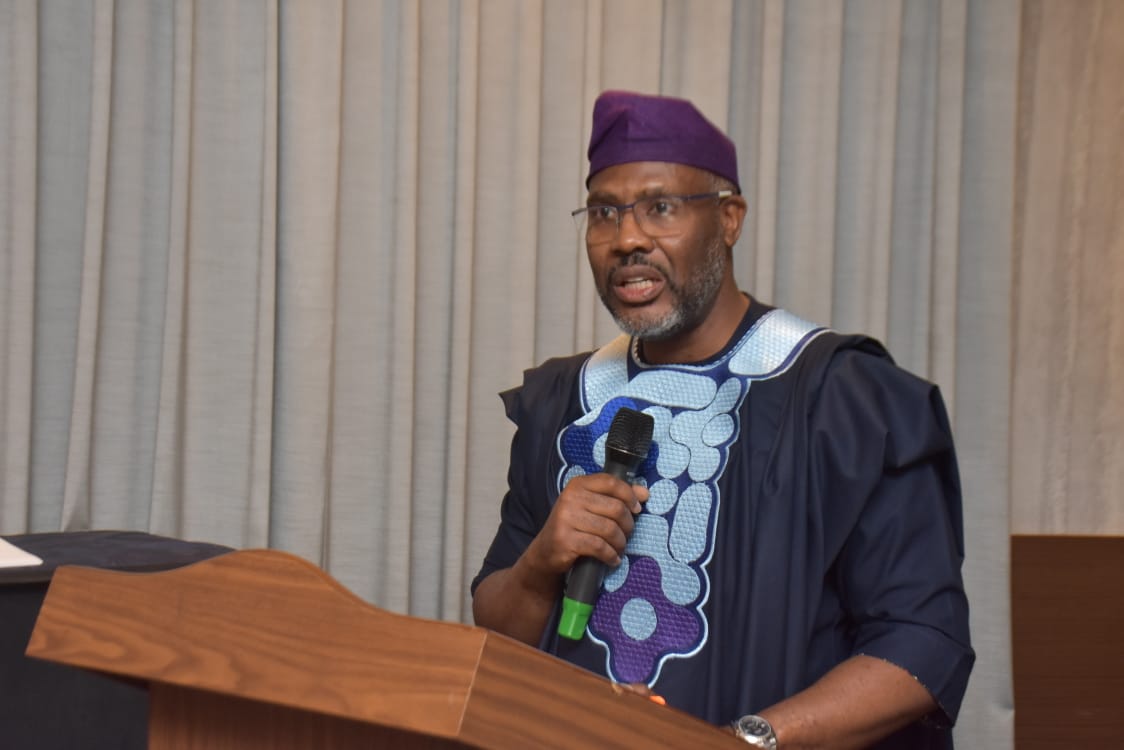Telecom Operators Demand One Regulator to Stop Double Charges
ATCON says too many government agencies are slowing growth, calls for telecom training and stronger laws

Telecommunications operators in Nigeria have raised alarm over what they described as increasing interference by multiple government agencies, saying the overlapping regulations are threatening the growth of the $76 billion telecom sector.
Speaking at the 2025 Annual General Meeting and National Executive Council (NEC) Elections of the Association of Telecommunications Companies of Nigeria (ATCON), held in Lagos, stakeholders called on the Federal Government to introduce a unified regulatory system to address the confusion caused by multiple levies and conflicting policies.
ATCON President, Tony Izuagbe Emoekpere, who was re-elected unopposed for a second two-year term, said the situation is “no longer sustainable”, as telecom companies are being overburdened by several non-core regulators imposing unnecessary charges.
“We cannot operate in a climate where every agency seeks to charge the same operators for overlapping services,” Emoekpere said.
He explained that the involvement of unrelated government bodies has created an unpredictable and hostile environment for both operators and investors.
The meeting, themed “Impact of Adjacent Agencies on the Nigerian Telecom Sector: The Way Forward,” saw stakeholders lament how various state and federal agencies now issue different and sometimes contradictory regulations, making operations more expensive and confusing.
Former ATCON President, Ikechukwu Nnamani, also expressed concern about internal issues, noting that the industry lacks unity and is hurting itself through price undercutting.
“We advocate higher tariffs but undercut each other when it’s time to engage banks or major clients,” he said.
To provide lasting solutions, ATCON announced the creation of an Industry Think Tank Committee that will help improve how the sector engages with the government and pushes for necessary reforms.

ATCON also launched the ATCON Academy, a new initiative aimed at training young Nigerians in telecom skills to reduce dependence on foreign experts and tackle the ongoing brain drain, known locally as ‘Japa’.
“The academy will equip our youth with technical skills while ensuring national economic advancement,” Emoekpere stated.
Vice President of ATCON and CEO of the Internet Exchange Point of Nigeria (IXPN), Muhammed Rudman, blamed Nigeria’s failing education system for the shortage of skilled professionals in the sector. He expressed disappointment with institutions like the Digital Bridge Institute (DBI).

“Nigeria has only seven unicorns. India produces 70 to 100 a year. We must do better,” Rudman said.
He urged the government to create a dedicated ICT Think Tank that will work with universities and avoid the usual bottlenecks in public systems.
“The President of Nigeria must make deliberate efforts. Advocacy alone won’t change this,” he added.
Operators at the event also encouraged telecom companies to open their doors to more student interns, noting that while universities may lack proper training facilities, industry players can bridge the gap by partnering with schools and updating the curriculum.
One participant said:
“Universities may not have enough tools. We can step in and help.”
On infrastructure challenges, Emoekpere highlighted the recurring problem of fibre cuts, especially during road construction projects, which continue to disrupt telecom services.
He urged the government to begin full enforcement of the Critical National Information Infrastructure (CNII) law, signed by President Bola Ahmed Tinubu in 2024.
“President Bola Ahmed Tinubu promulgated the CNII Bill last year, but enforcement remains poor. As an advocacy group, we want immediate implementation to safeguard telecom infrastructure nationwide,” he said.
To address the problem, ATCON plans to meet with the Ministry of Works, road contractors, and ICT Commissioners from all 36 states at its next policy forum to push for strict compliance with the CNII law.
Emoekpere also promised that the new ATCON executive team would focus on stronger advocacy, better infrastructure protection, and increased investment in local talent development through training and reforms.
Stay woke. Stay tuned. Stay with AKEWE NEWS.




